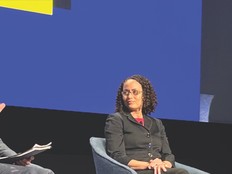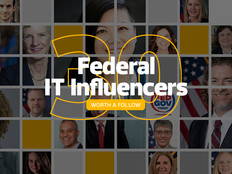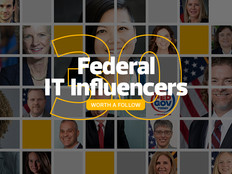Feds Get Help to Make Data-Driven Decisions
The President’s Management Agenda called for the creation of a long-term Federal Data Strategy, which was finalized in late December. Although the first federal CDOs were hired at least five years ago, agencies were required to create and fill the position in January 2019. With those two structures in place, the government can continue to organize its overstuffed data closet in a more efficient manner.
The strategy and its action plan call on agencies to set priorities for how to manage data; to improve the use of data as an asset in decision-making; to figure out how to better access, use and share data; and to find innovative ways for both federal agencies and the public to use the data.
With more CDOs and a governing council in place, agencies should now have the guidance they need to achieve these goals.
Data should be for everyone, said Margaret Weichert, then the deputy director for management at the Office of Management and Budget, before that first CDO meeting.
“We’re not doing data plans for data wonks,” she explained. “We’re doing data plans and data thinking to drive mission, service and stewardship.”
The CDO is key to that mission. Having a specific person overseeing the development of criteria for data skills needed in an agency, assessing how many current staff members have those skills and finding out how to fill those needs puts data under a badly needed microscope. Some agencies assign those duties to their CIOs, but that can double an already massive workload.
Experts Are Needed to Manage Data
For example, the Centers for Disease Control and Prevention is an agency at the center of pandemic-related data collection, not to mention every other health risk and outbreak in the United States.
There, officials are looking to upgrade technology used to monitor disease spread. They’ve also asked their current vendor to focus on cloud infrastructure, beef up the analytic tools and improve the user interface.











